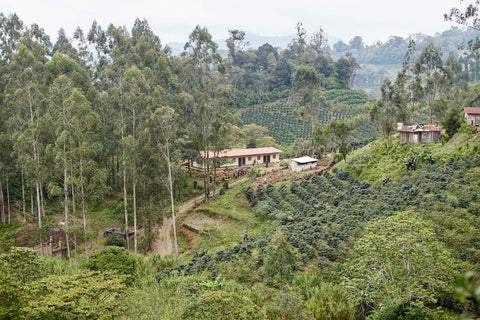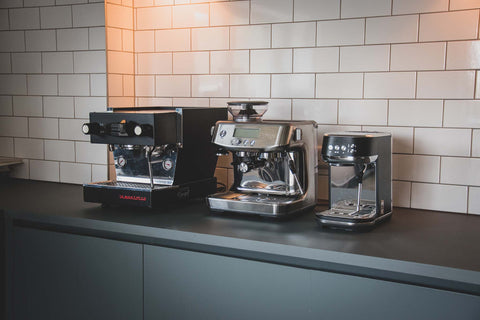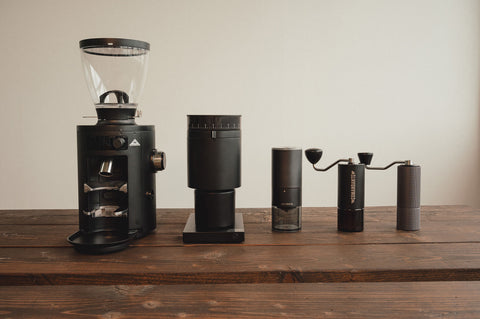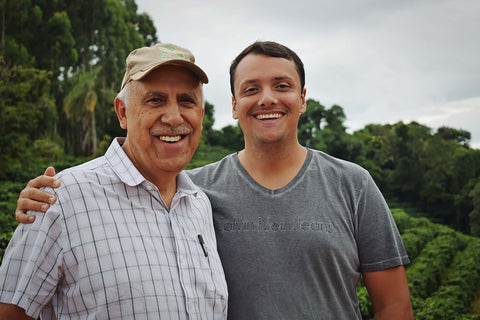Kii
Nectarine, Orange, Pomelo
Since 2015, we've proudly featured the exceptional Kii coffee from Kenya's Kirinyaga County. With a clean, sweet, and vibrant profile, Kii, is perfect for the warmer months ahead.
--
See further coffee information below.
Grind Size Guide
| Grind | Brewing Device |
|---|---|
Whole Beans | Recommended for optimum freshness |
Coarse | Suitable for filter coffee; cafetiere, V60, Chemex, Kalita |
Medium | Suitable for AeroPress |
Fine | Suitable for espresso, Mokka Pot |
Still not sure what you need? Read guide on how to grind coffee here
Free Royal Mail Tracked 48 delivery on all orders over £25 (UK only)
Order before 23:59 & get your order despatched the next day (excluding weekends)
All orders of 1 or 2 x 250g bags of coffee will be despatched in a letterbox friendly parcel
From today we’re transitioning from compostable to recyclable coffee bag materials. You’ll be receiving an interim design as the new bags are still in transit.
Compostable plastics sound like the perfect solution to the problem of single-use packaging, however, the infrastructure for such is still in its infancy, meaning people and processing facilities in the UK are unprepared to handle compostable plastics.
Read more on this here:

Snapshot
Tasting Notes
Nectarine, Orange, Pomelo
Coffee Information
- Country: Kenya
- Method: Washed
- Producer: 850 Smallholder Producers
- Region: Kirinyaga
- Varietal: SL28, SL34, Batian
- Elevation: 1,600-1,800 masl

Story
The Kii coffee factory, managed by the Rungeto cooperative, sources cherries from local members, ensuring top-quality production in Kirinyaga, Kenya. Positioned near Mount Kenya, approximately 190 km from Nairobi, the region's volcanic soil fosters ideal coffee cultivation conditions.
Unlike our Central and South American programmes, establishing direct relationships in Kenya is complex due to numerous stakeholders and variables. Each factory is owned by its farmer members, who choose where to sell their cherries based on price and convenience, leading to fluctuating memberships.
Factories sell coffee either through local auctions for quality-based pricing, or via marketing agents for export, subject to annual negotiations. Management turnover every three years adds further uncertainty, challenging direct relationship establishment.
Transparency Report
View ReportThe price we pay to the producer per pound
vs global coffee exchange price
How long we have worked with the producer
A professionally graded quality score















